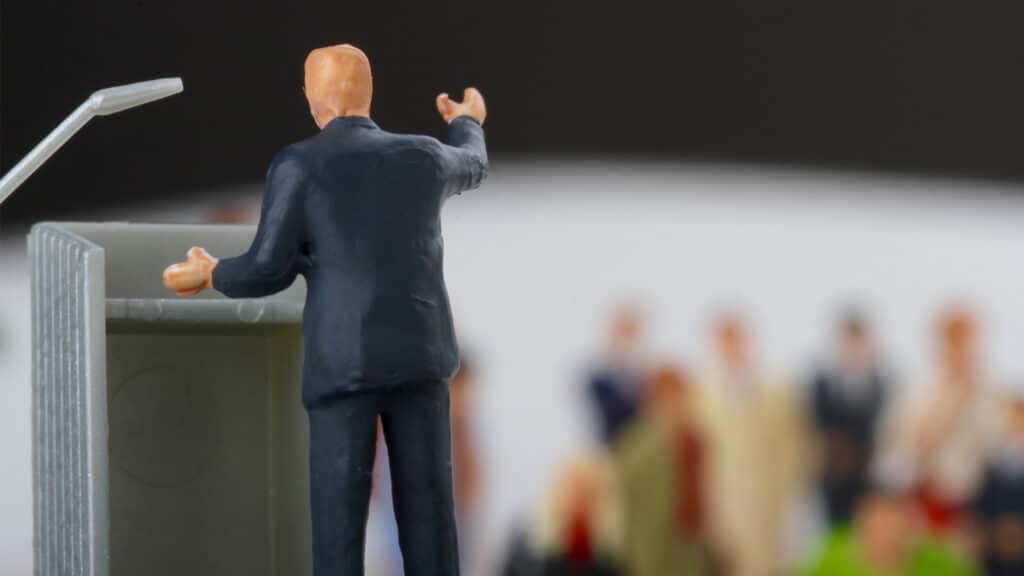Expert warns against ideological rifts in Kazakhstan

According to Gaziz Abishev, a Kazakhstani political scientist, relatively small, ideologically charged groups are outperforming the majority of Kazakhstanis. Regular citizens, who prioritize their families, jobs, and universal human values, are at risk of becoming targets as the rifts within society grow.
Abishev believes that social space in Kazakhstan is shaped by four active ideological groups: national patriots, religious fanatics, Eurasians nostalgic for the «good old times» and pro-Western ultra-liberals. Despite being small, all these groups are cohesive; they act within already mobilized networks and are always ready to defend their views, often by attacking others.
«A person who doesn’t belong to any of those groups could find himself in a vulnerable position. He simply lives his humble life: takes care of his family, works, pays taxes, meets friends, watches TV and spends time outdoors. He speaks the language he knows and has his own dialogue with the Lord. He supports moderately conservative views, advocating against wars and conflicts. Nevertheless, he walks on a minefield every day. One carelessly spoken word or action could label him a ‘mankurt’ (a person who feels no connection to his own people), ‘kafir,’ ‘Russophobe’ or ‘homophobe,’» Abishev said.
The expert also emphasized that the majority of Kazakhstanis outside of those ideological camps remain disunited. They don’t have an idea that would unite them and aren’t ready to make a joint effort to defend their modest views. Unlike cohesive ideological groups that steal the show, the majority of the population is a sort of nebula that more rigid forces could easily influence.
According to Abishev, that nebula could become a foundation for healthy civic nationalism when citizens unite in a single political nation based on human values and a shared intention to build a society comfortable for all. However, amid internal and external pressures, this scenario remains far from being realized.

